- Home
- About Us
- Products
- TD High-efficiency And Energy-saving Circulating Pump
- TD High-efficiency And Energy-saving Circulating Pump Accessories
- Pipeline Pump
- Pipeline Pump Accessories
- Sewage Pump
- Sewage Pump Accessories
- LG Multi-stage Pump
- LG Multi-stage Pump Accessories
- Cooling Tower Circulation Pump
- Electric Motor
- Electric Motor Accessories
- News
- Contact Us
- Home
- About Us
- Products
- TD High-efficiency And Energy-saving Circulating Pump
- TD High-efficiency And Energy-saving Circulating Pump Accessories
- Pipeline Pump
- Pipeline Pump Accessories
- Sewage Pump
- Sewage Pump Accessories
- LG Multi-stage Pump
- LG Multi-stage Pump Accessories
- Cooling Tower Circulation Pump
- Electric Motor
- Electric Motor Accessories
- News
- Contact Us
Web Menu
- Home
- About Us
- Products
- TD High-efficiency And Energy-saving Circulating Pump
- TD High-efficiency And Energy-saving Circulating Pump Accessories
- Pipeline Pump
- Pipeline Pump Accessories
- Sewage Pump
- Sewage Pump Accessories
- LG Multi-stage Pump
- LG Multi-stage Pump Accessories
- Cooling Tower Circulation Pump
- Electric Motor
- Electric Motor Accessories
- News
- Contact Us
Product Search
Exit Menu
Are there any regulations or codes that govern the installation and operation of sewage pumps?
There are regulations and codes that govern the installation and operation of sewage pumps to ensure safety, environmental protection, and compliance with building standards. These regulations may vary depending on the jurisdiction and may include local, state/provincial, and national codes. Some common regulations and codes that may apply to sewage pump installations include:
Most jurisdictions have building codes that establish minimum standards for construction, plumbing, and mechanical systems, including sewage pump installations. These codes often specify requirements for structural design, electrical wiring, plumbing connections, and ventilation to ensure safe and reliable operation.
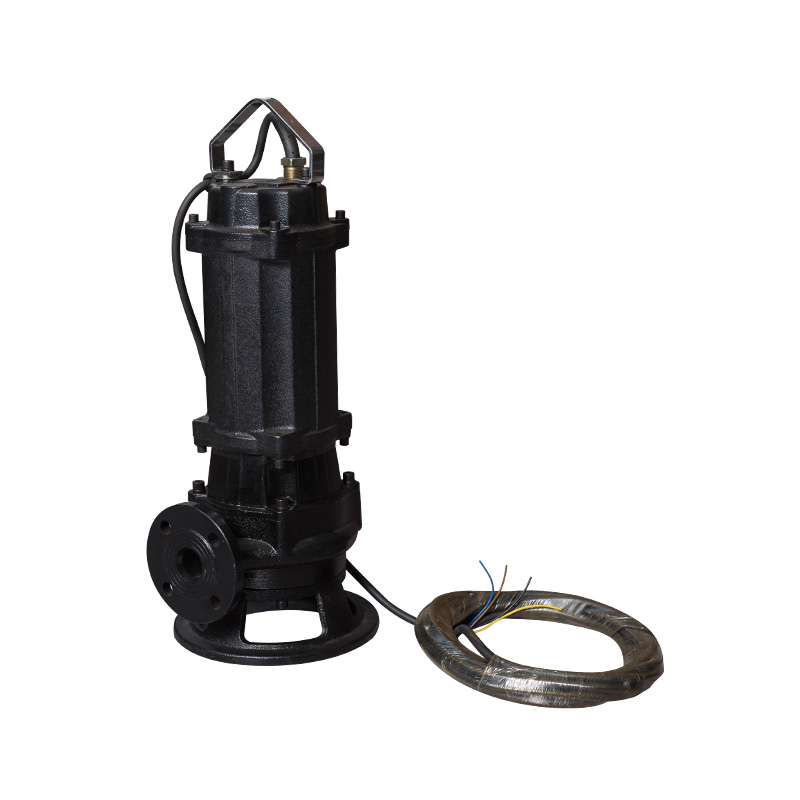
Plumbing codes govern the design, installation, and maintenance of plumbing systems, including sewage pumps and wastewater handling equipment. These codes may include requirements for pipe sizing, materials, connections, and venting to prevent contamination, leaks, and odors.
Electrical codes regulate the installation and wiring of electrical systems, including pumps and control panels. These codes establish standards for electrical safety, grounding, wiring methods, and equipment ratings to prevent shocks, fires, and other hazards.
Environmental regulations govern the discharge of wastewater and sewage into public sewers, water bodies, or treatment facilities. These regulations may include limits on pollutants, chemicals, and pathogens in wastewater, as well as requirements for monitoring, reporting, and treatment to protect water quality and public health.
Health and safety regulations establish standards for workplace safety, including the operation and maintenance of sewage pump systems. These regulations may include requirements for personal protective equipment, hazard communication, emergency response, and training to prevent accidents and injuries.
Many jurisdictions require permits and approvals for the installation, modification, or operation of sewage pump systems. This may involve obtaining permits from local building departments, environmental agencies, or water authorities, as well as complying with specific design standards and review processes.
In addition to regulatory requirements, it's important to follow manufacturer recommendations and guidelines for the installation, operation, and maintenance of sewage pumps. This helps ensure proper performance, reliability, and warranty coverage for the equipment.
It's essential to consult with local authorities and regulatory agencies to determine the specific regulations and codes that apply to sewage pump installations in your area. Working with qualified professionals, such as engineers, plumbers, and electricians, can help ensure compliance with regulatory requirements and best practices for sewage pump installations.
Related Products
-
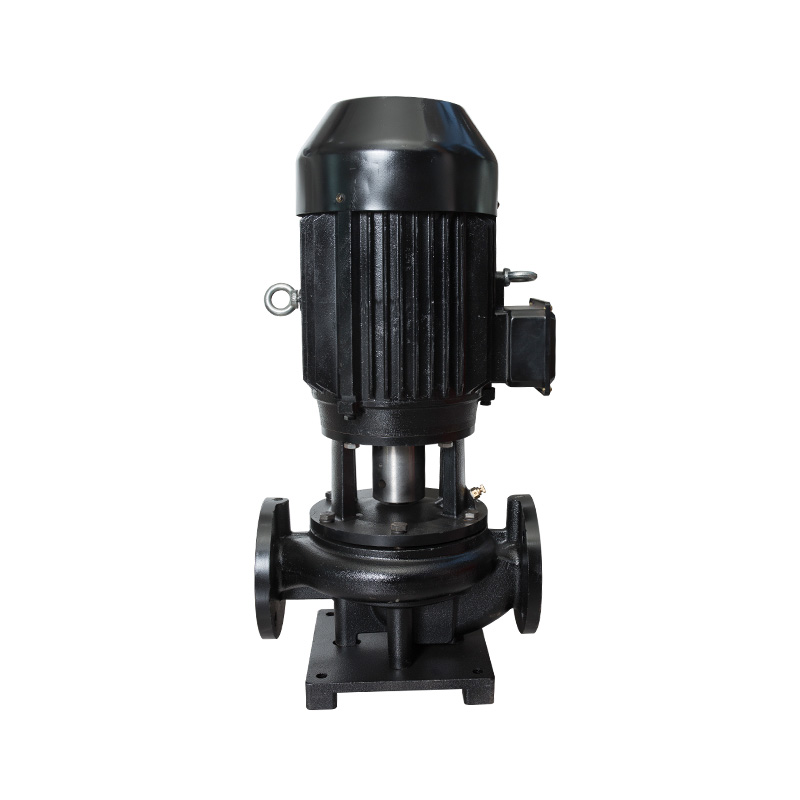
Vertical TD high-efficiency and energy-saving circulation pump
Cat:TD High-efficiency And Energy-saving Circulating Pump
The TD type single-stage pipeline circulation pump is a green, environ...
See Details -
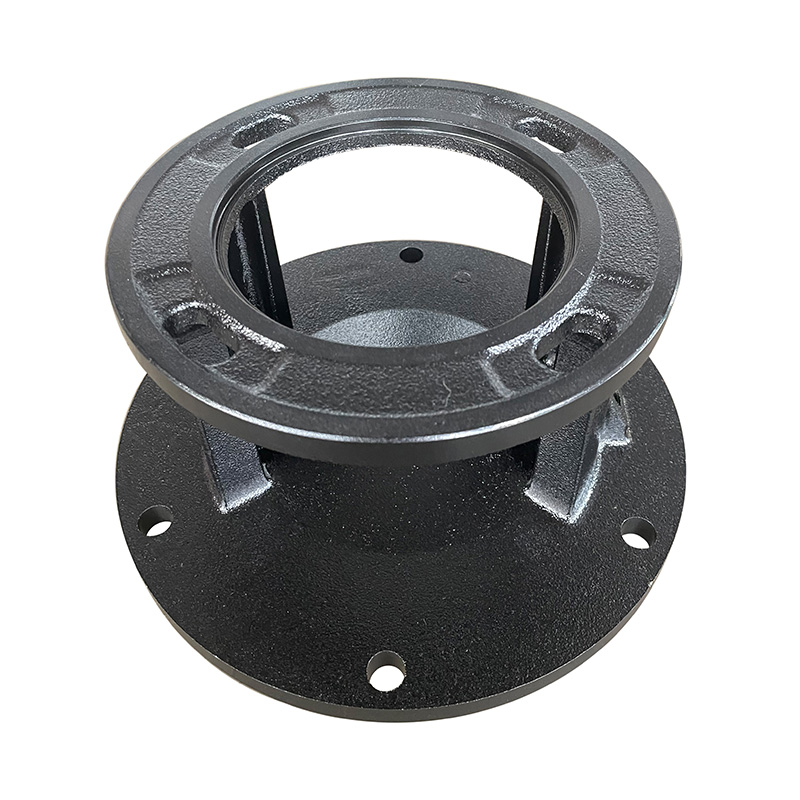
TD high-efficiency energy-saving circulation pump vertical base
Cat:TD High-efficiency And Energy-saving Circulating Pump Accessories
A vertical base is a pedestal used to support and secure a vertical TD...
See Details -

Pipeline pump cast iron impeller
Cat:Pipeline Pump Accessories
The impeller refers to both the disc with moving blades, which is an i...
See Details -
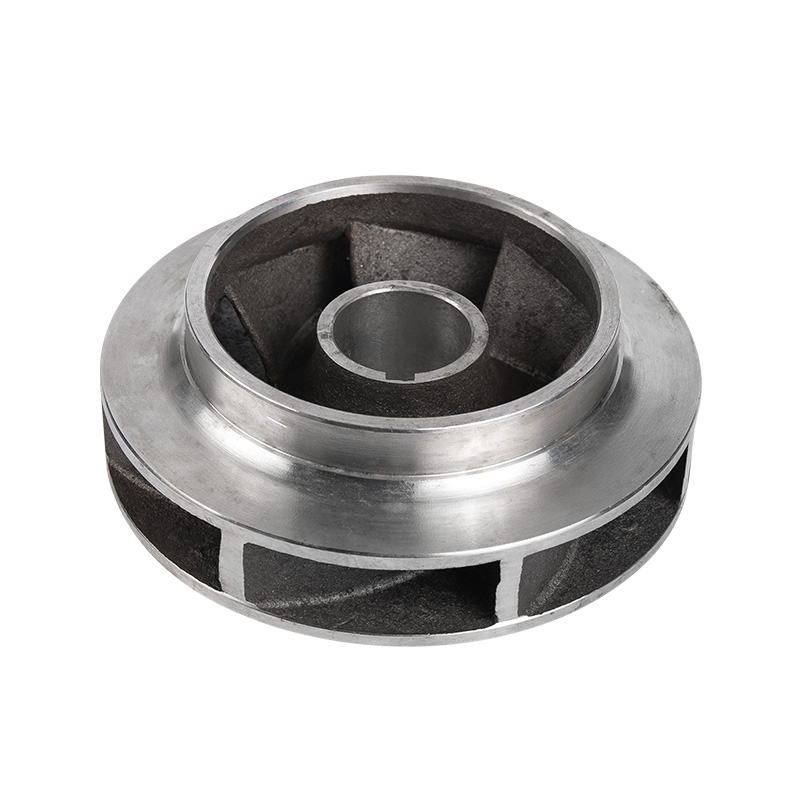
Pipe pump stainless steel impeller
Cat:Pipeline Pump Accessories
Stainless steel impeller material is stainless steel, it is not easy t...
See Details -
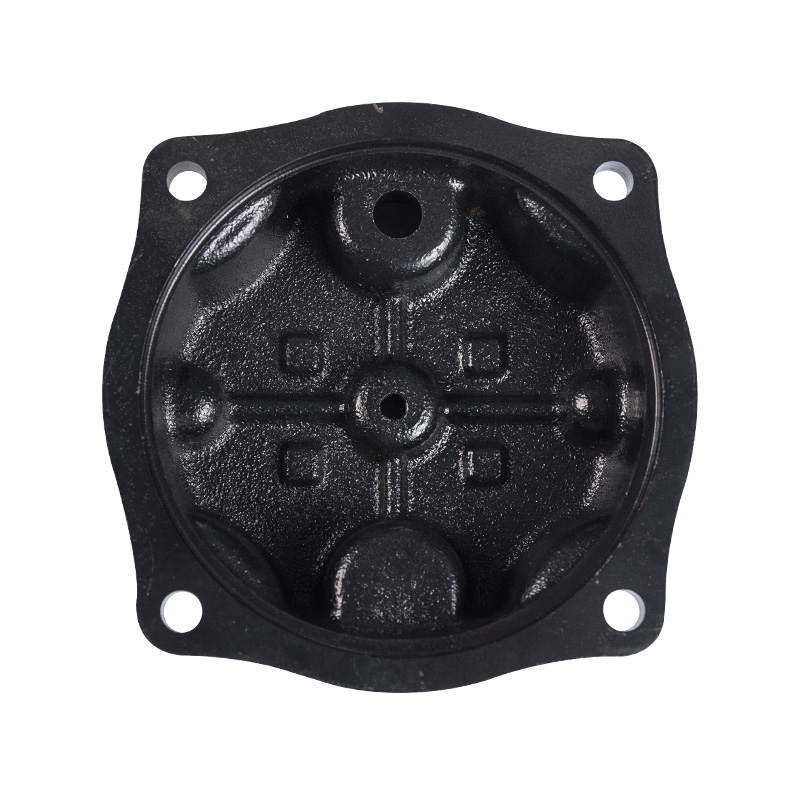
Sewage pump hanging cover
Cat:Sewage Pump Accessories
Installed on the upper part of the sewage pump unit, it is used for li...
See Details -
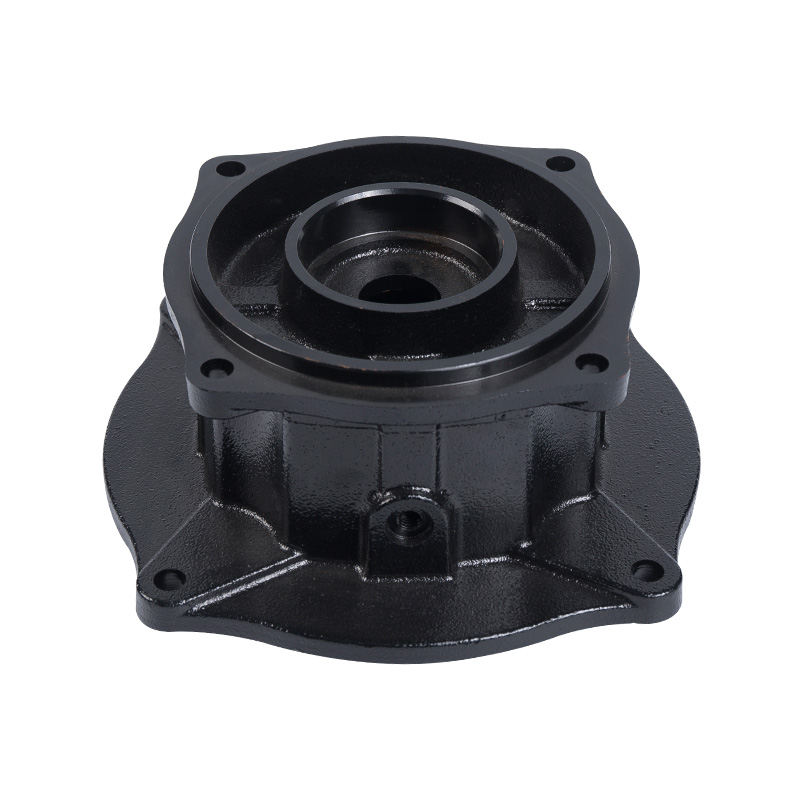
Sewage pump tank
Cat:Sewage Pump Accessories
The oil in the oil chamber, in addition to lubricating the mechanical ...
See Details -
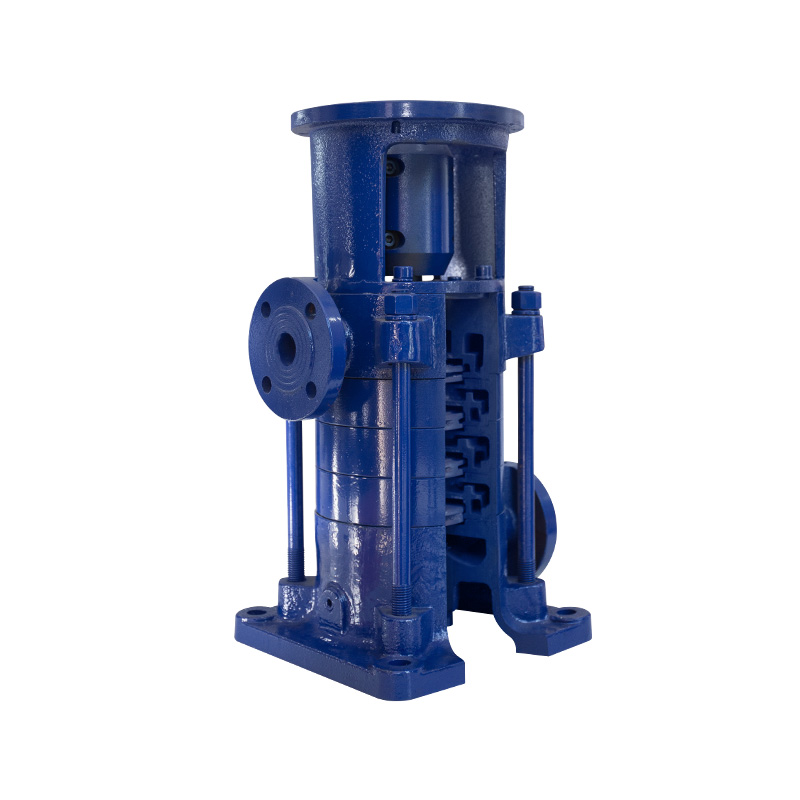
LG multistage pump 100 series
Cat:LG Multi-stage Pump
Product features 1. Compact structure, small volume, small footprint. ...
See Details -

LG multi-stage pump 150 series
Cat:LG Multi-stage Pump
Operating conditions 1. It can convey clear water or non-corrosive med...
See Details -
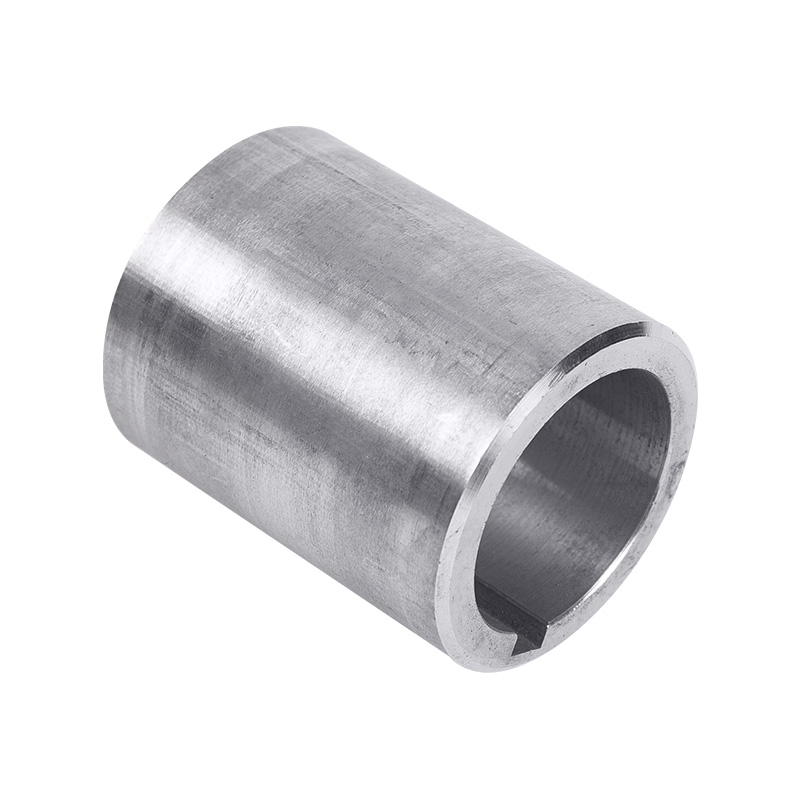
LG multi-stage pump spacer sleeve
Cat:LG Multi-stage Pump Accessories
Spacer sleeve is a ring-shaped part installed between the impellers of...
See Details -
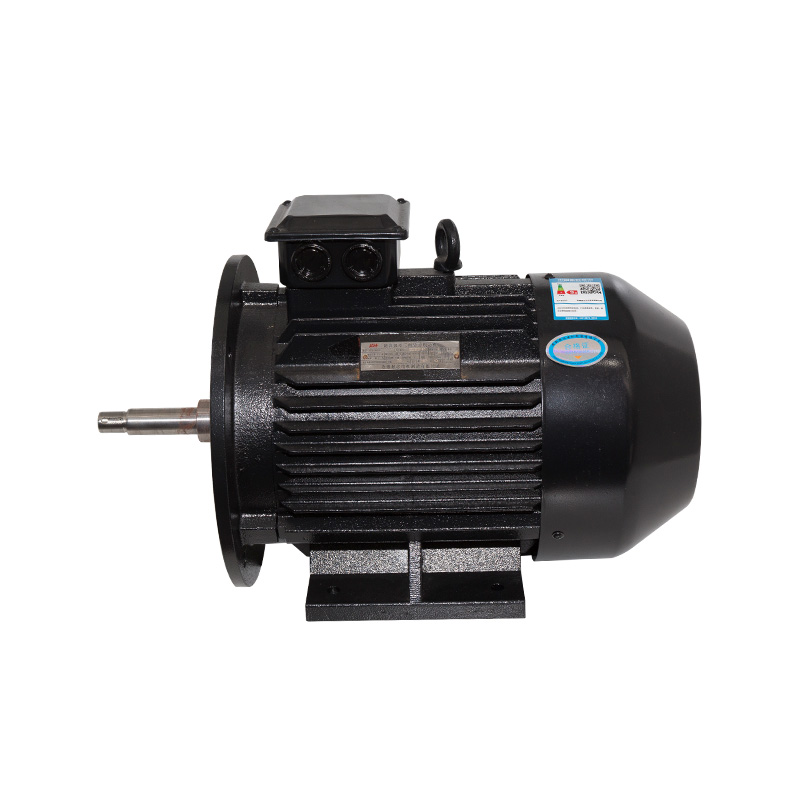
Horizontal motors
Cat:Ordinary Electric Motor
Also known as base mounting, the motor is connected to the mounting da...
See Details
- TD High-efficiency And Energy-saving Circulating Pump
- TD High-efficiency And Energy-saving Circulating Pump Accessories
- Pipeline Pump
- Pipeline Pump Accessories
- Sewage Pump
- Sewage Pump Accessories
- LG Multi-stage Pump
- LG Multi-stage Pump Accessories
- Cooling Tower Circulation Pump
- Electric Motor
- Electric Motor Accessories
-

+86-0563-2251312
-

+86-0563-2251311
-

+86-139 6620 0379
-

-

No.43 Guohua Road, Guangde Economic Development Zone, Xuancheng City, Anhui Province, China

